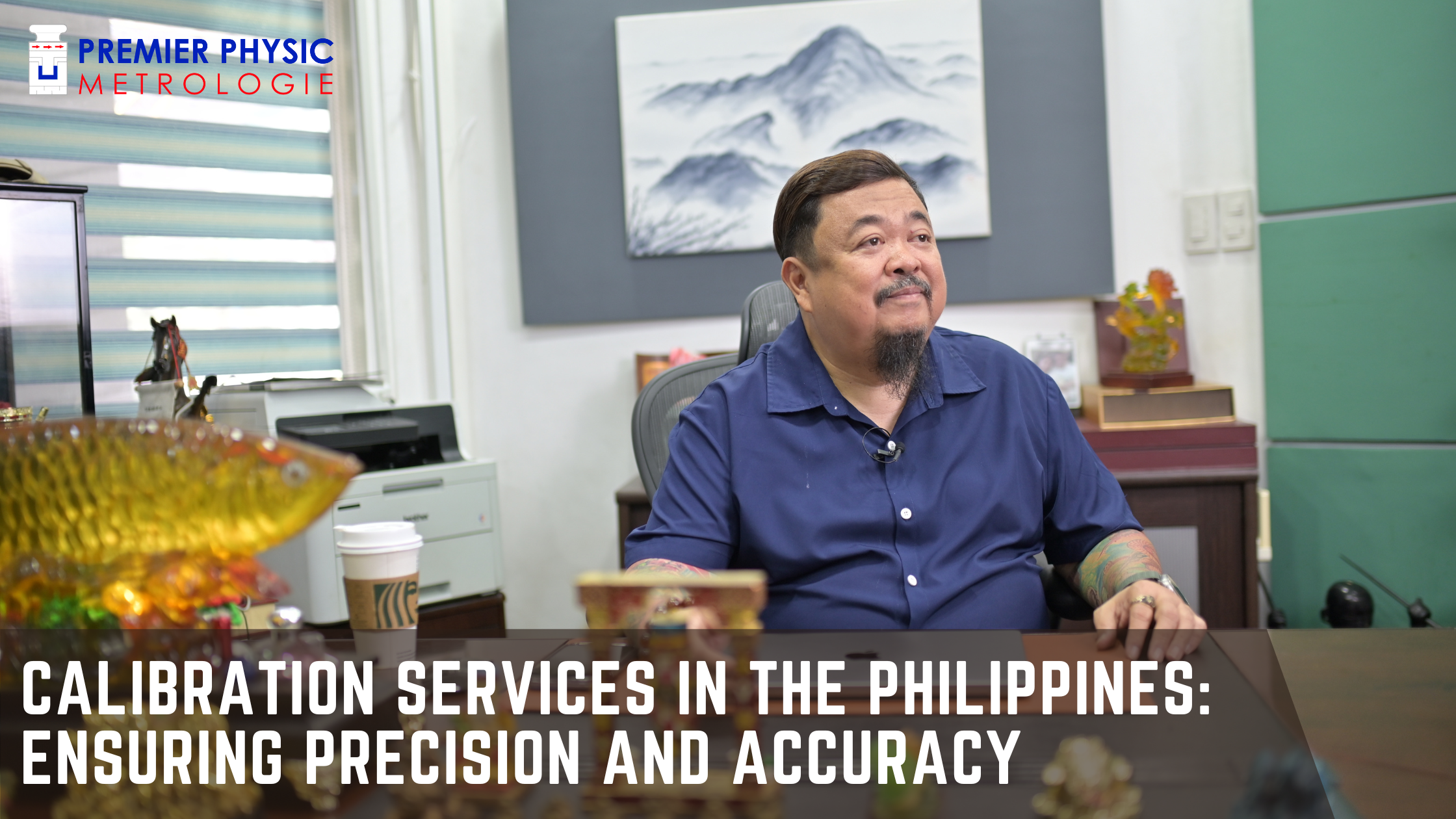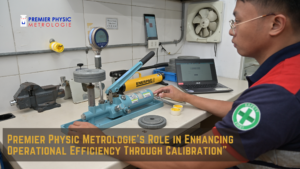Discover the importance of calibration services in the Philippines for maintaining precision and accuracy in various industries. Learn how expert calibration ensures reliable measurements.
Introduction
Calibration services in the Philippines play a pivotal role in ensuring the accuracy and reliability of various measuring instruments and equipment across industries. Precise measurements are crucial in fields such as manufacturing, healthcare, aviation, and more. This article sheds light on the significance of calibration services, their benefits, and the process involved in ensuring accurate measurements.
Calibration Services: The Essence of Precision
Calibration is the process of comparing the readings of a measuring instrument with a standard to determine its accuracy. In a country like the Philippines, where industries are rapidly evolving, maintaining accurate measurements is paramount. Calibration services encompass a wide range of instruments, including thermometers, pressure gauges, scales, and more.
Why Calibration Matters?
Calibration services ensure that measuring instruments provide accurate readings, which is essential for decision-making, quality control, and regulatory compliance. In industries such as pharmaceuticals, calibration ensures the precise dosage of medications. In aviation, calibration guarantees accurate navigation and safety.
The Calibration Process
The calibration process involves meticulous steps to guarantee accuracy. Experts compare the instrument’s measurements with a standard of higher accuracy. If discrepancies exist, adjustments are made to the instrument. Regular calibration intervals are crucial to ensure consistent accuracy.
Industries that Rely on Calibration
- Manufacturing: Precise measurements in manufacturing ensure product quality and consistency.
- Healthcare: Accurate medical equipment measurements are vital for patient safety.
- Laboratories: Research and analytical laboratories require precise instruments.
- Aviation: Navigation, communication, and safety systems depend on calibrated equipment.
Benefits of Professional Calibration Services
- Reliability: Calibrated instruments provide reliable data for confident decision-making.
- Accuracy: Accurate measurements contribute to product quality and safety.
- Compliance: Many industries require calibration to meet regulatory standards.
- Cost Savings: Calibration prevents errors that could lead to costly rework or recalls.
- Longevity: Regular calibration extends the lifespan of instruments.
Expertise in Calibration
In the Philippines, several reputable companies offer expert calibration services. These companies have skilled technicians, advanced calibration equipment, and traceability to national standards. They perform both on-site and off-site calibrations, ensuring convenience and accuracy.
Frequently Asked Questions (FAQs)
1. What is calibration, and why is it important? Calibration is the process of comparing instrument readings to standards for accuracy. It’s essential for reliable measurements in various industries.
2. How often should instruments be calibrated? The calibration frequency depends on factors like instrument type, usage, and industry requirements. Some instruments may need calibration annually, while others might require more frequent calibrations.
3. Can I perform calibration in-house? While some simple calibrations can be done in-house, professional calibration by experts is recommended for precise results and compliance with standards.
4. How do I choose a calibration service provider? Select a provider with a proven track record, skilled technicians, and traceability to national standards. Check customer reviews and industry reputation.
5. What happens if I skip calibration? Skipping calibration can lead to inaccurate measurements, compromising product quality, safety, and regulatory compliance.
6. How does calibration save costs in the long run? Calibration prevents errors that could result in rework, production delays, or product recalls, ultimately saving both time and money.
Conclusion
In a dynamic country like the Philippines, calibration services are crucial for maintaining accurate measurements across various sectors. Whether it’s manufacturing, healthcare, or aviation, precise measurements are the foundation of reliable products and services. By partnering with expert calibration services, industries can ensure accuracy, compliance, and excellence in their operations.




